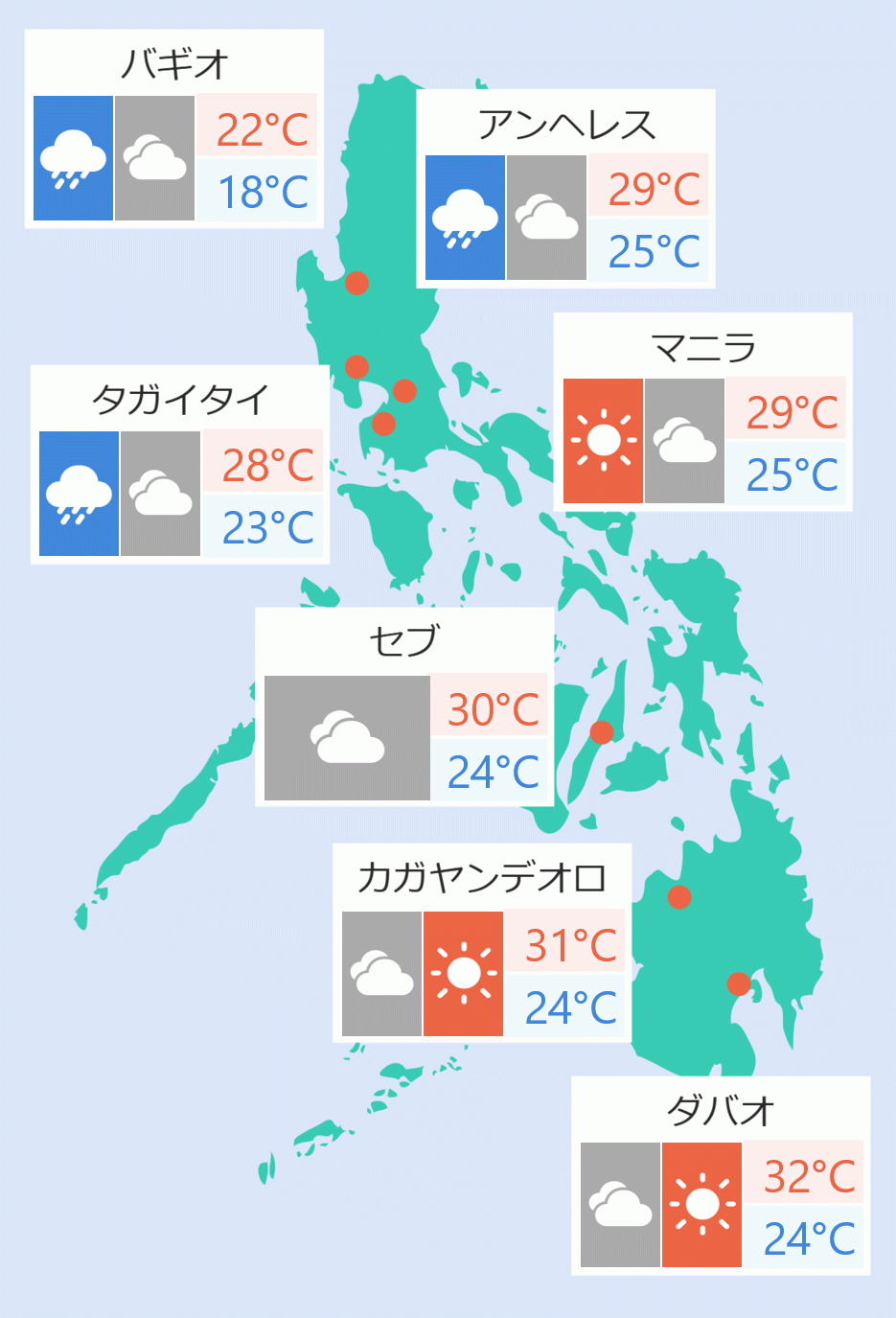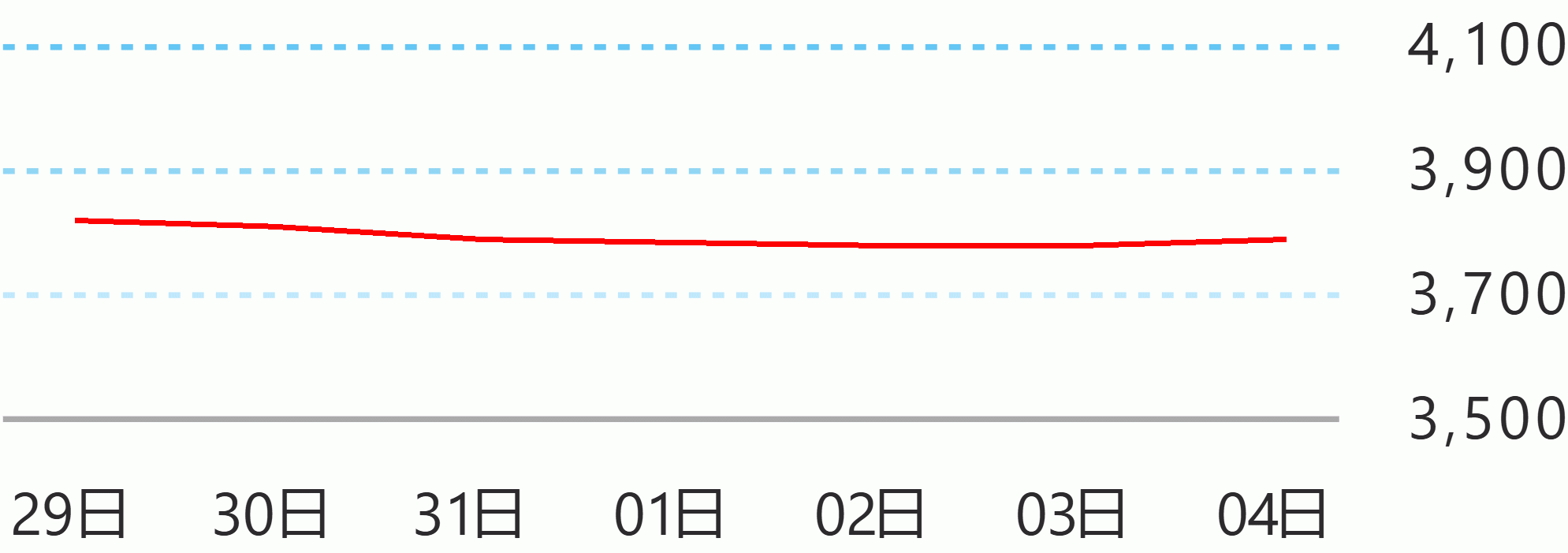Public transportation is still not allowed when some areas, including Metro Manila, shift to modified enhanced community quarantine, Malacañang said on Wednesday.
In a virtual press briefing on Wednesday, Presidential Spokesperson Harry Roque said the Inter-Agency Task Force for the Management of Emerging Infectious Diseases wants 100 percent of the population to stay at home during the modified ECQ, similar to what is being implemented now while under ECQ.
Contrary to ECQ and modified ECQ, in areas under general community quarantine, the only people who are not allowed to go out are the vulnerable group, such as the elderly, and the so-called transmitters, such as the youth.
Both in ECQ and modified ECQ, except for limited international flights, no public transportation, including domestic flights, is still allowed.
"The inbound travels are still controlled, these are limited to OFWs (overseas Filipino workers) and returning Filipinos," Roque said.
However, under modified ECQ, biking and non-motorized transport are encouraged, but no inter-island travel, he said.
In GCQ, public transport with strict safe distancing and inter-island with safety protocols is allowed.
For private transportation, company shuttles are allowed in all levels of quarantine, but if the shuttles are rented, special permits should be secured from the Land Transportation, Franchising and Regulatory Board.
Personal vehicles are also permitted in all levels of quarantine, but under modified ECQ, only two persons are allowed per row.
Bicycles, motorcycles and e-scooters are barred under ECQ, but allowed in modified ECQ with only one rider for each of them.
Rails, buses, jeepneys, taxis, transportation network vehicle services (TNVs) and tricycles, with limited passengers, are allowed to operate only under GCQ.
In ECQ, all types of exercise and gatherings, such as religious ones, are not allowed. But in modified ECQ, limited exercise, such as outdoor walk, jogging, running, biking, with safety protocols, like wearing of masks and a 2-meter distancing, are allowed.
Defense Secretary Delfin Lorenzana, who is also a member of the IATF, said that sports entailing physical contacts, such as boxing, are still prohibited.
In GCQ, the government allows sports with limited contact, such as golf and tennis.
For gathering, in modified ECQ, it is highly restricted up to maximum of five persons, while in GCQ, it is restricted or up to a maximum of 10 persons.
In both ECQ and modified ECQ, school premises are closed, while in GCQ, skeletal workforce is allowed in order to process requirements from students and to prepare for graduation and for next semester.
Allowed in both ECQ and modified ECQ are the skeletal onsite and work from home in government offices while alternative arrangements, such as 40 hours or 4-day work week, in GCQ.
For sectors, media establishments are allowed to be in full operation, provided that safety protocols are followed, in both modified ECQ and GCQ.
For other manufacturing, such as beverages like alcoholic drinks; electrical machinery; wood products; coke and refined petroleum products; textiles; tobacco, paper, rubber and plastic products; electrical equipment; machinery and equipment; motor vehicles, trailers and semi-trailers; and other transport equipment are barred under ECQ, but allowed to partially operate with minimum 50 percent work from home and maximum 50 percent on-site under modified ECQ; while fully allowed with safety protocols under GCQ.
Cement and steel, which is only permitted to partially operate under ECQ, is allowed to fully open under modified ECQ and GCQ.
Office administrative and office support, such as photocopying and billing; those under capital markets, such as other financial services, like money exchange, insurance, reinsurance, and non-compulsary pension funding, legal and accounting, management consultancy activities; architecture and engineering activities; technical testing and analysis; scientific and research development; advertising and market research; computer programming and information service activities; publishing and printing activities; film, music and TV production; wholesale and retail trade and repair of motor vehicles, bicycles; and malls and commercial centers (non-leisure only), which are prohibited in EQ, can partially operate under modified ECQ, and fully open in GCQ.
Barbershops and salons remain closed in all levels of quarantine, although the Department of Trade and Industry is reviewing the policy on this in areas under GCQ.
The other sectors, which remain closed while under quarantine are gyms/fitness studios and sports facilities; entertainment industries, such as cinemas, theaters, karaoke bars; kid amusement industries; libraries, archives, museums and cultural centers; tourist destinations; travel agencies, tour operators, reservation service and related activities; and personal care services, such as massage parlors, sauna, facial care, and waxing. Celerina Monte/DMS





 English
English









